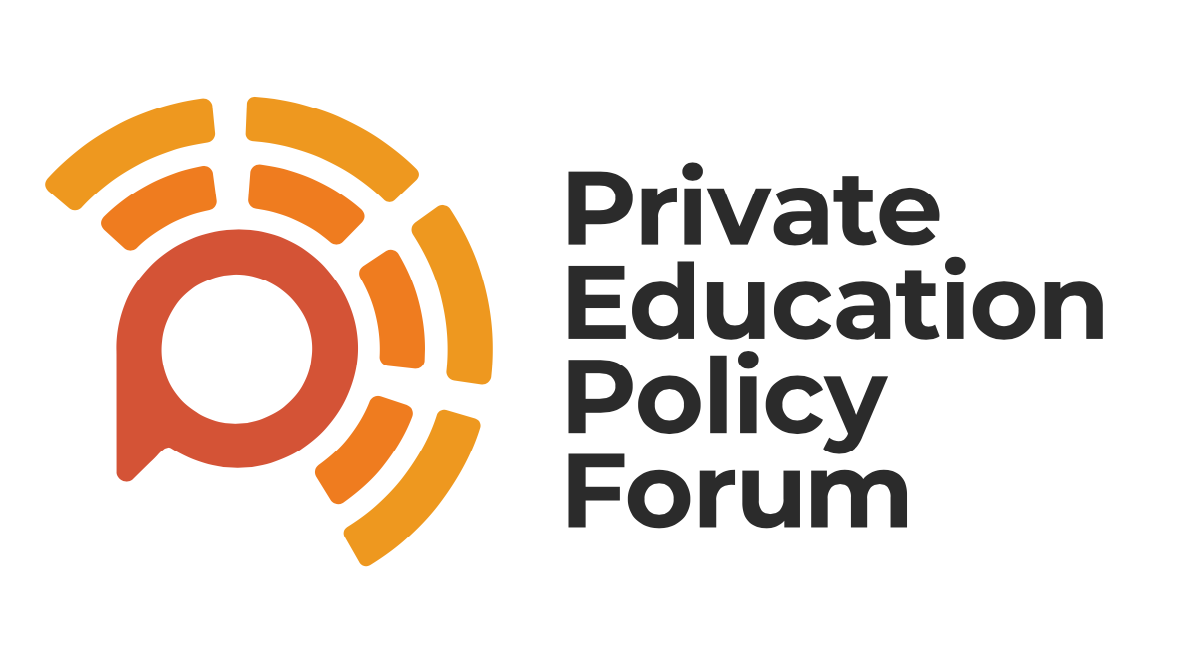
Title:
“Who Gets the Top Jobs? The Role of Family Background and Networks in Recent Graduates’ Access to High-status Professions.”
Authors:
Macmillan, L., Tyler, C., & Vignoles, A. (2015). Journal of Social Policy, 44(3), 487-515.
What’s it about?
We know that going to private school helps on average to gain entry to university. And graduating with a degree on average helps greatly to gain access to good jobs with higher pay.
But there is also much variation among graduates. This piece of research looks at the role of both social background and the type of schooling in differentiating among graduates in the early stage of their careers.
Methodology
The analysed study sample is 49,000 graduates who graduated in 2006-7, and who responded to a survey 3½ years later giving information about their job.
Some 30 percent of these were by then in “top jobs”, defined as the higher managerial, administrative and professional occupations. The data also included information about their universities and their educational records and social background.
What are the findings?
- Graduates who attended a private school are 9.5 percentage points more likely to be in a top job 3½ years after graduation than state-educated graduates (after allowing for socio-economic background). This is a substantial effect, when compared with the overall average of 30 percent.
- Part of the effect comes from the fact that the private school graduates had a different level of educational attainment, as measured by UCAS tariff scores (mainly A-level grades), subject and class of degree. When allowance is made for these, the effect of private school on the probability of attaining a top job is estimated to be 6 percent.
- And part of that 6 percent effect also comes being at a high-status university. Controlling for university status, private school alumni were still 3 percent more likely to be in a top job than similar state-educated graduates from universities with similar status.
- It should be remembered that the most significant part of the effect of private schooling is that it helps people gain access to universities, and especially to high-status universities. Going beyond that, this research reminds us that graduates are not all the same, and shows that private schooling gives some graduates the edge over others at this crucial early stage in their careers. It is therefore a useful addition to what we know overall about the effects of private schooling.
What are the limitations of this research?
That edge might be attributable to private school pupils acquiring cultural capital and perhaps better social networks, but no formal evidence is found in this study.
There could be other personal characteristics, which the researchers could not observe – such as aspirations or personality – that mean some people are more determined to succeed at university and at the same time more successful in their search for a good job. If so, the estimates they provide of the link with private schooling could be somewhat biased.
Private schools themselves also vary in their affluence, and perhaps in their effects. This research did not distinguish between the more and less affluent schools.
Explained by: Francis Green, Professor of Work and Education Economics at UCL Institute of Education.



